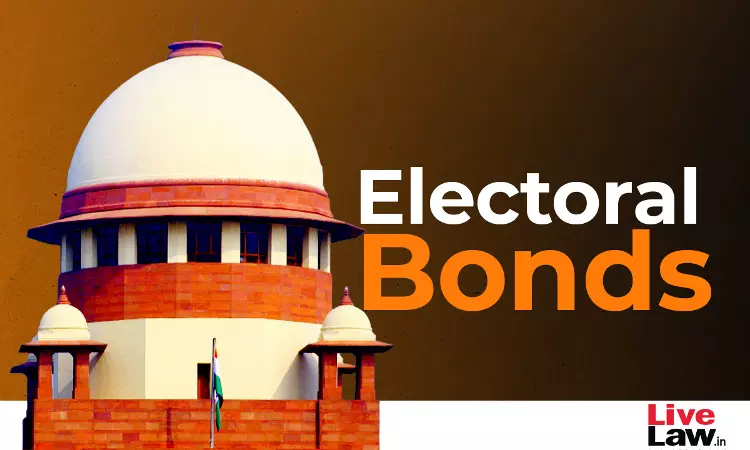The Supreme Court of India bifurcated the batch of petitions concerning the Electoral Bonds scheme into three sets and decided to hear them separately. The matter was listed before a bench comprising Chief Justice DY Chandrachud and Justice PS Narasimha. The bench noted that the petitions could be divided in three distinct sets raising the following issues– 1. The challenge to the...

